In order to contribute to increasing farmers' income and accelerating the process of building advanced and exemplary new rural areas, in recent years, Yen Phuong commune (Y Yen) has promoted propaganda, mobilization, guidance and support for people to change the structure of crops and livestock and build agricultural models applying science and technology to production to overcome disadvantages of weather and geographical location. From there, promoting the spirit of "dare to think, dare to do" of the people; many models of livestock and aquaculture have emerged, renovating mixed gardens to grow crops, organizing circular production models, synthesizing rice - fish... effectively.
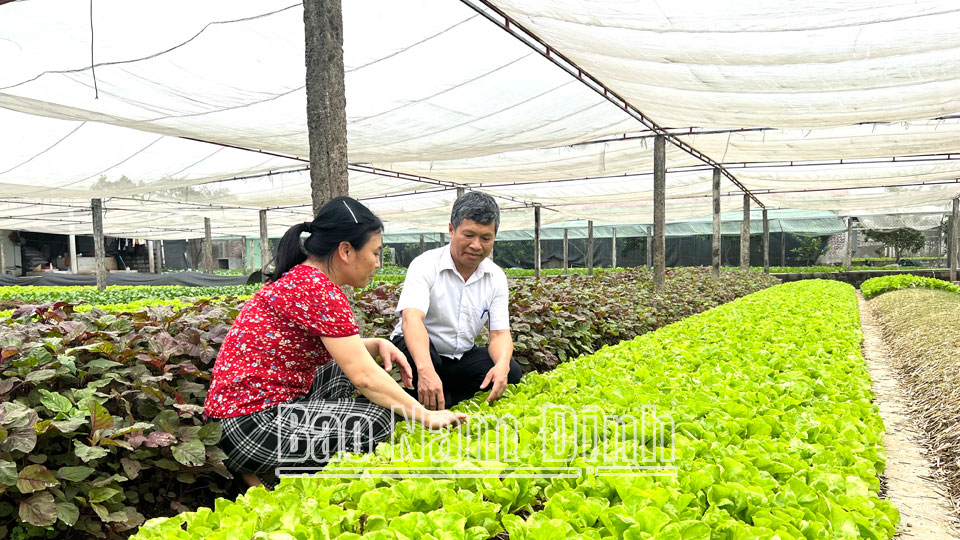 |
| Vegetable growing model according to VietGAP standards of Ms. Dinh Thi Tuyen, Yen Phuong commune (Y Yen). |
Mr. To Van Manh, Trung hamlet - a typical good farmer in production and business, was honored and commended by Farmers' Associations at all levels in the period of 2015-2020 for his success with the model of raising cartilaginous loach. Following the market, realizing that cartilaginous loach is a "specialty" with fragrant, delicious, nutritious meat that is strongly consumed by the market, Mr. Manh visited, learned, and learned from the experience of cartilaginous loach farming models using industrial methods in ponds. Starting his business in 2017, Mr. Manh has now expanded the scale of cartilaginous loach farming to 5 hectares with 8 commercial ponds. In particular, Mr. Manh has researched and succeeded in applying the method of artificial insemination for fish reproduction to proactively source fish fry, minimizing investment costs. Each year, Mr. Manh sells an average of 50-60 tons of cartilaginous loach to the market, earning hundreds of millions of VND. After Mr. Manh's success, some households in the commune such as Mr. To Van Dinh, To Van Khai, La Van Duong... learned and followed this model effectively, helping to increase family income.
After nearly 10 years of establishment and development, Mr. Do Duc Ninh, Son Hai hamlet has turned the low-lying land with ineffective rice cultivation into a magnificent spiny soft-shell turtle farm with a scale of more than 2 hectares. The farm is scientifically planned with a system of separate ponds including: 1 commercial pond, 2 ponds for raising parent soft-shell turtles with solid concrete banks and separate areas for soft-shell turtles to breed, an egg incubation area, a newly hatched soft-shell turtle nursery area, a cold storage for food preservation. On the shore, Mr. Ninh takes advantage of growing specialty fruit trees such as: royal grapefruit, Dien grapefruit, papaya... Mr. Ninh said that he is currently raising about 5,000 commercial spiny soft-shell turtles and 500 parent soft-shell turtles. After about 3 years, spiny soft-shell turtles reach a weight of 3-7kg and can be sold at a price of 420-500 thousand VND/kg depending on the time and size. Every year, Mr. Ninh sells about 10 tons of commercial soft-shell turtles and 3,000 soft-shell turtles, earning over 1 billion VND in profit. Currently, Mr. Ninh's soft-shell turtle farm creates regular jobs for 5-6 local workers with a stable income of 5-6 million VND/person/month and 10 seasonal workers. The valuable thing is that Mr. Ninh does not hide his "secret to getting rich", he is willing to share all farming techniques, instructing from planning, pond digging techniques to raising, hatching and raising processes; his soft-shell turtle farm is always a place where farmers can comfortably visit and learn if they have a need.
In recent times, in order to support farmers in converting crop and livestock structures, Yen Phuong commune has planned and successfully converted more than 10 hectares of ineffective rice growing areas and areas of dug-out boxes and dike-lined boxes to develop integrated farm and family farm models. In 2019, the commune created conditions for a number of farming households to establish Binh Duong Trade Service Cooperative to support and link with each other in accessing capital, applying scientific and technical advances to serve production, finding input and output markets for products. Promoting the role of the Association in supporting members in economic development, Yen Phuong Commune Farmers' Association focuses on implementing and widely promoting the movement "Farmers compete in production, good business, solidarity to help each other get rich and sustainably reduce poverty" to the branches. Regularly coordinate and cooperate with organizations and unions to propagate and train members on scientific and technical advances for effective application in production. From there, help people flexibly change the structure of crop and livestock varieties, develop production towards food safety, gradually improve productivity, quality and value of agricultural products. In addition to the models of raising spiny soft-shell turtles of Mr. Do Duc Ninh, raising cartilaginous loach of Mr. To Van Manh, in the commune there are many other effective economic models such as: the model of raising civets and sables of Mr. Nguyen Van Thang, My Loc village (licensed by the Provincial Forest Protection Department for raising, breeding and preserving); the model of producing rice noodles and dried vermicelli of Vu Van Tho, Trung hamlet; the model of growing vegetables in rotation, intercropping "each season, each food" according to VietGAP standards of Ms. Dinh Thi Tuyen, Trung hamlet... bringing in hundreds of millions of VND in annual income. With the right and effective direction, the movement to convert crop and livestock structure towards “multi-crop, multi-animal” in Yen Phuong commune is contributing to improving the material and spiritual life of the people, helping them get rich right on their homeland. Up to now, the average income per capita of the commune has reached over 65 million VND/year.
In the coming time, Yen Phuong commune will continue to implement agricultural development solutions in the direction of large-scale concentration, bringing high economic efficiency. In particular, focusing on restructuring crops and livestock, selecting varieties of plants and animals with high productivity, quality and economic value for production. Promoting the application of scientific and technological advances in cultivation, livestock and poultry farming and aquaculture. Encouraging and supporting farmers to replicate the model of cultivation in the direction of VietGAP, concentrated livestock and poultry farming in the direction of biosafety, applying high technology. Mobilizing resources to continue investing in completing infrastructure works serving production to move towards "safe and sustainable" agriculture, contributing to promoting local socio-economic development./.
Article and photos: Ngoc Anh
Source


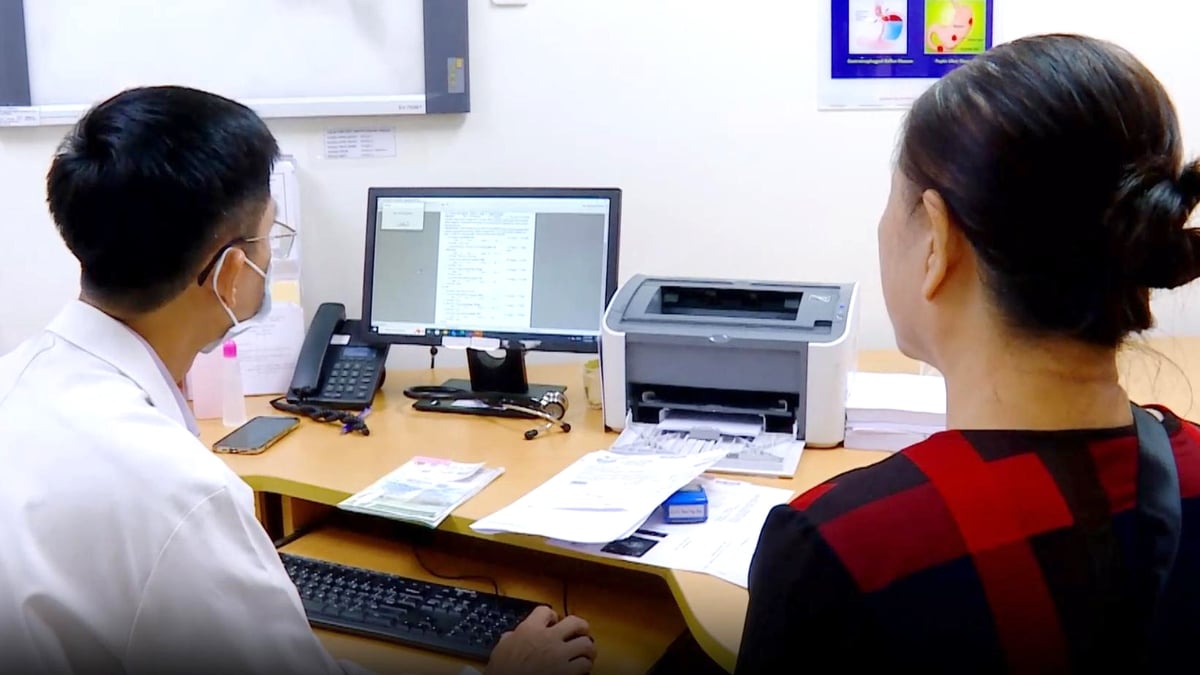
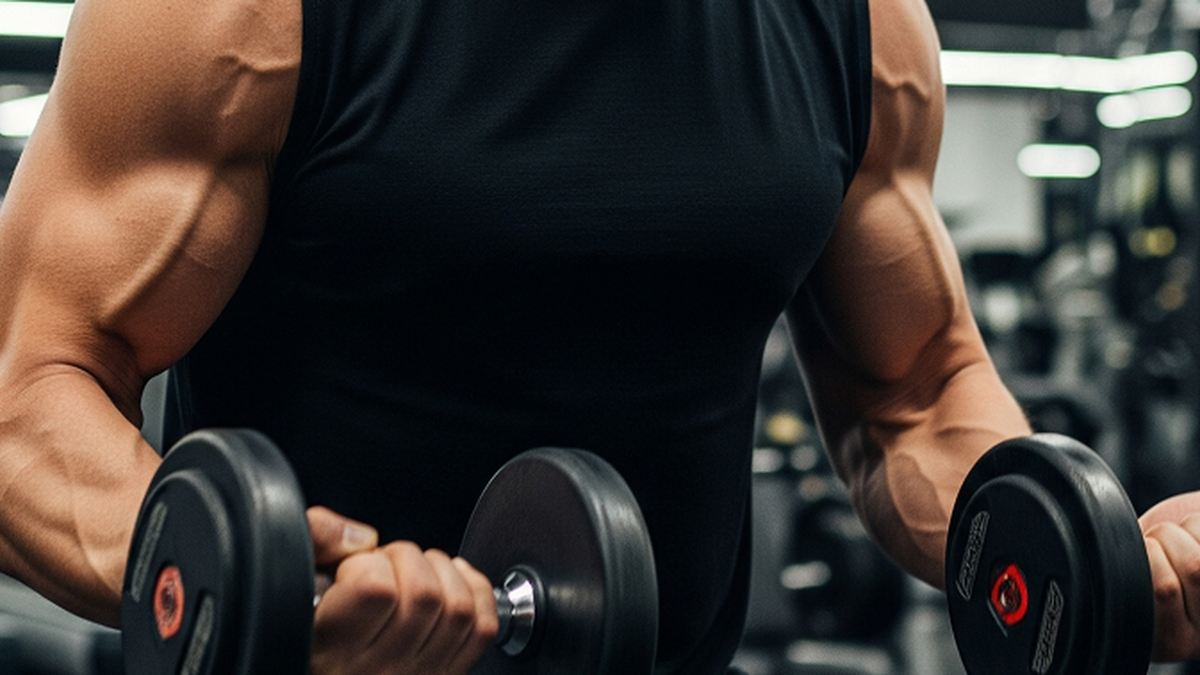
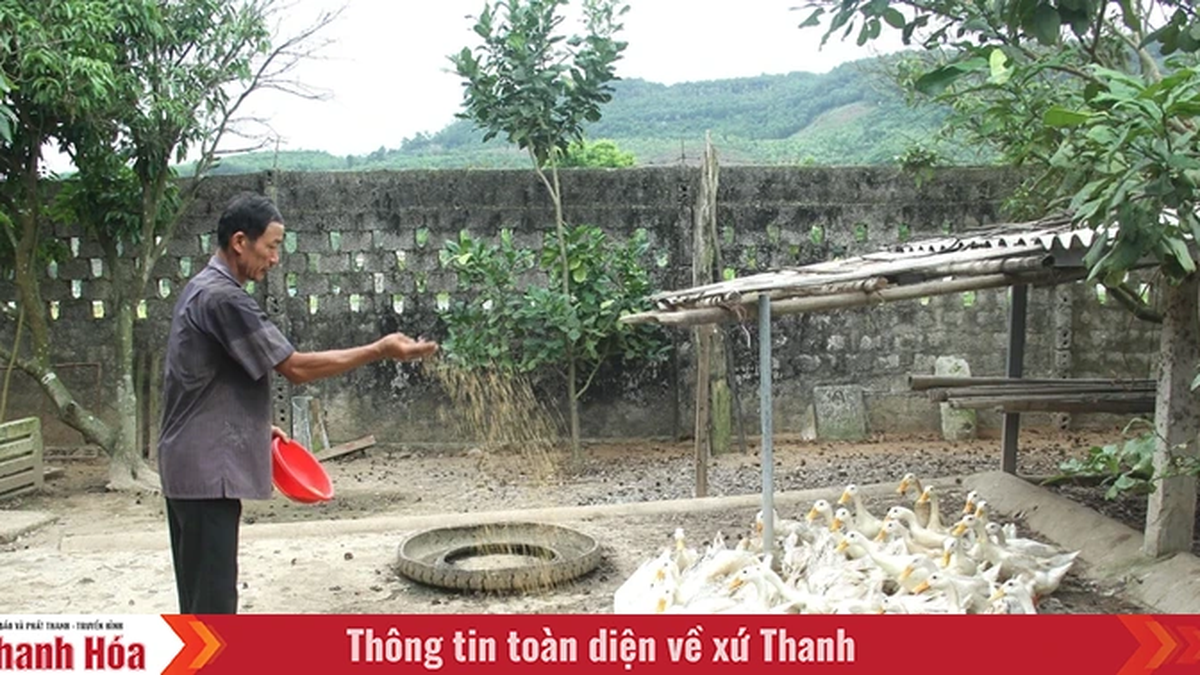
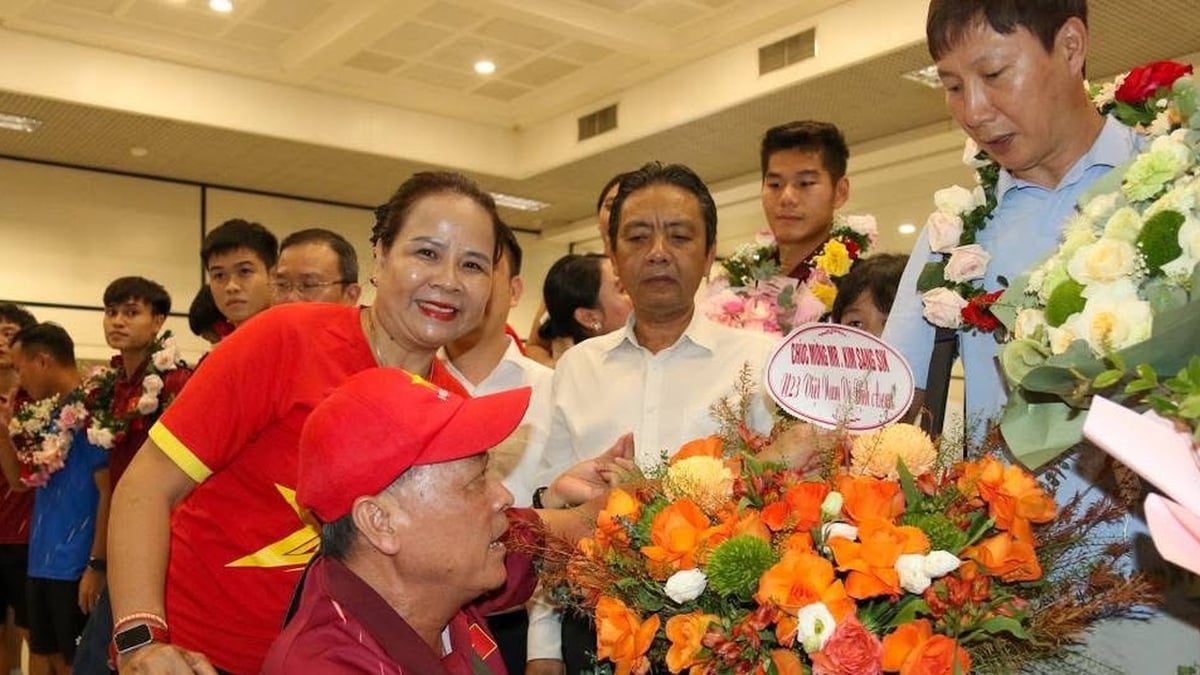
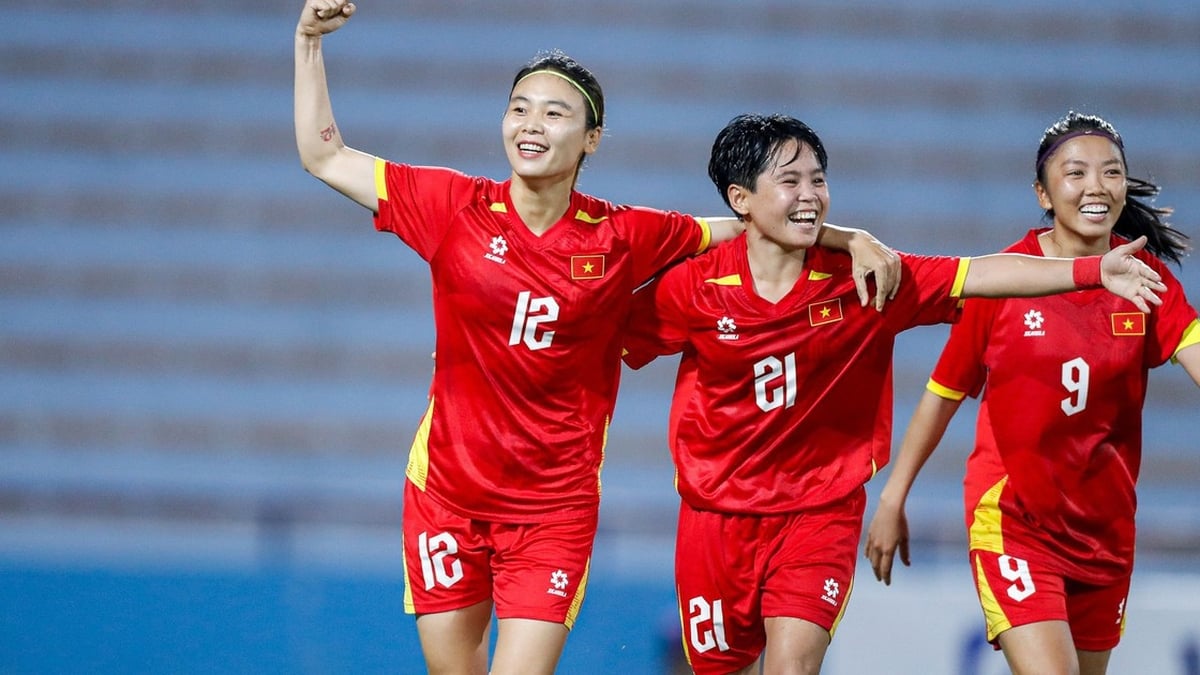
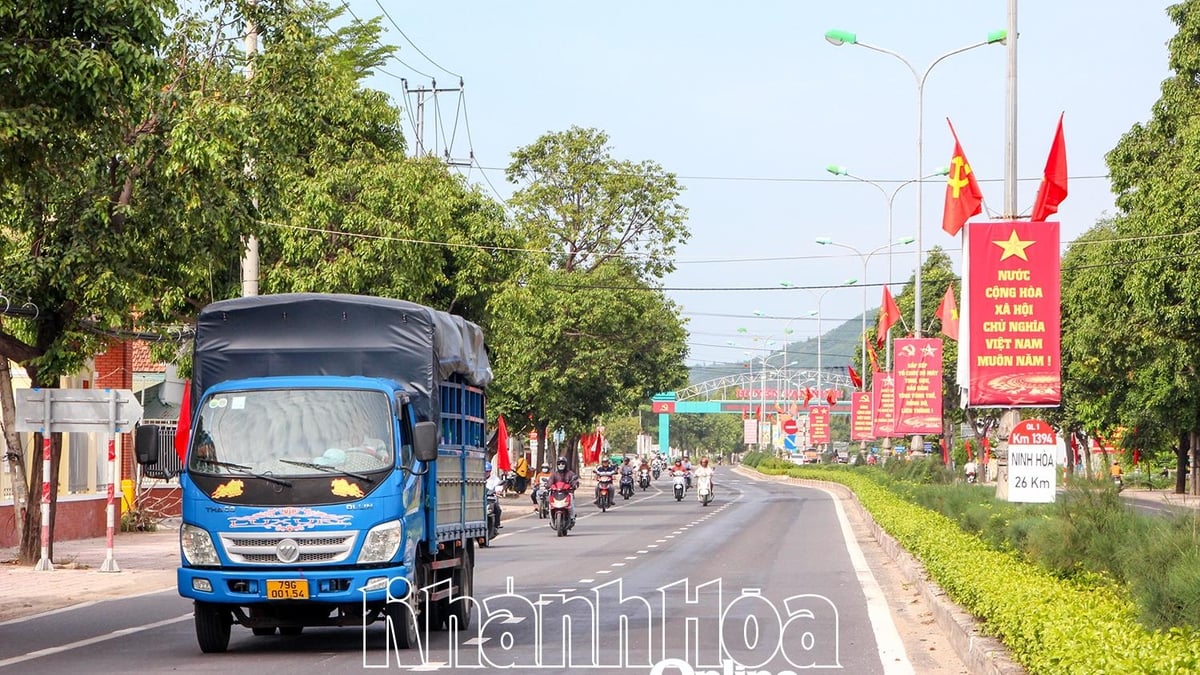

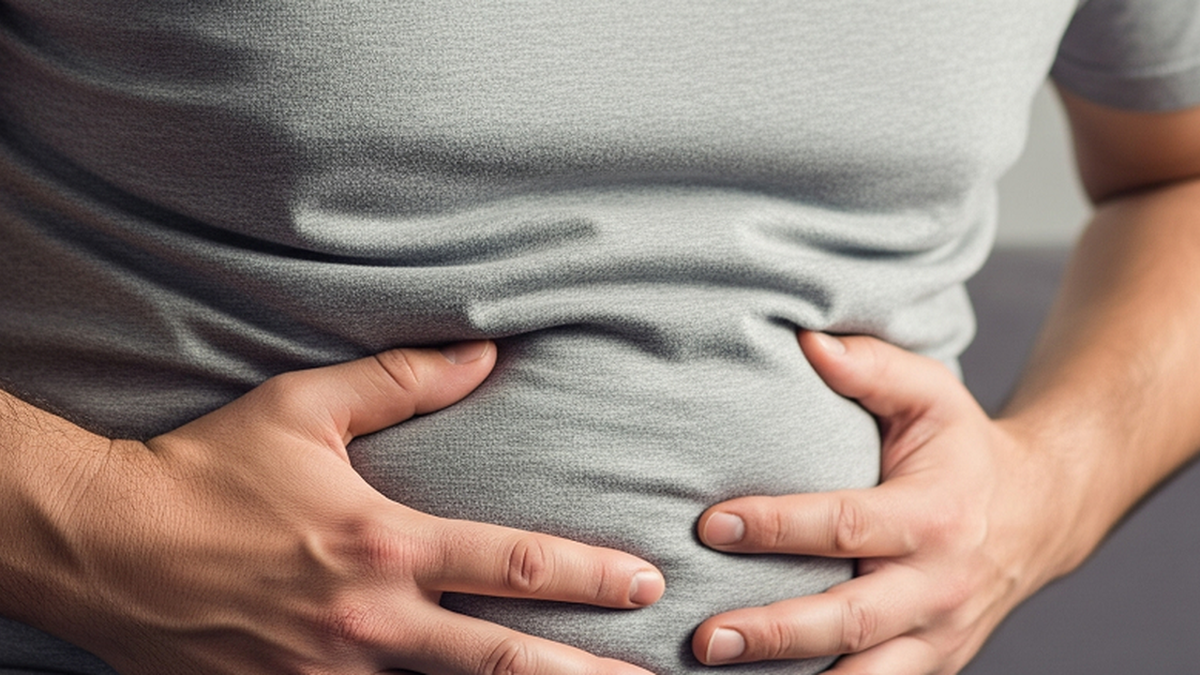
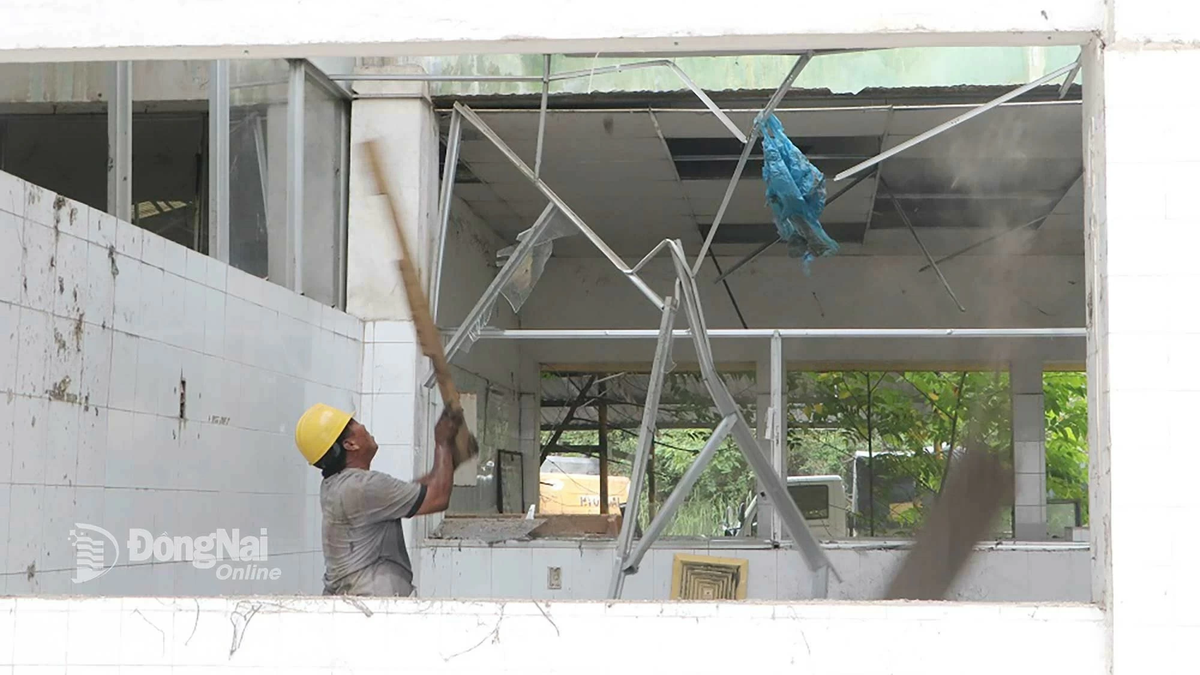
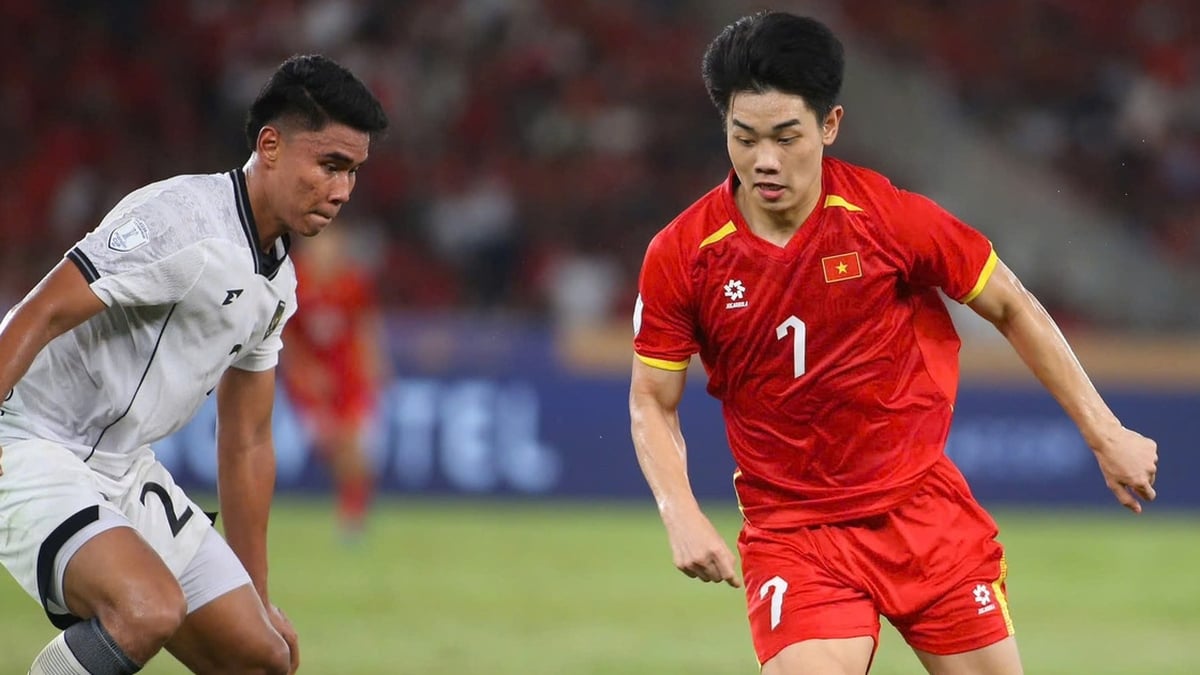











































![[Maritime News] Container shipping faces overcapacity that will last until 2028](https://vphoto.vietnam.vn/thumb/402x226/vietnam/resource/IMAGE/2025/7/30/6d35cbc6b0f643fd97f8aa2e9bc87aea)









































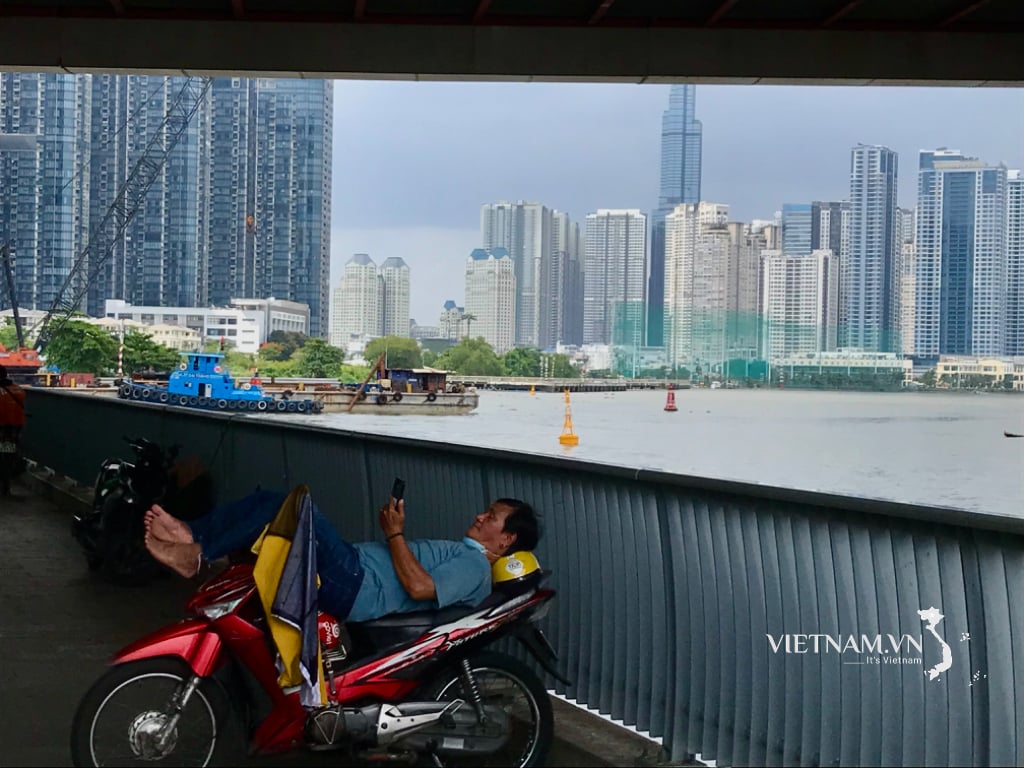

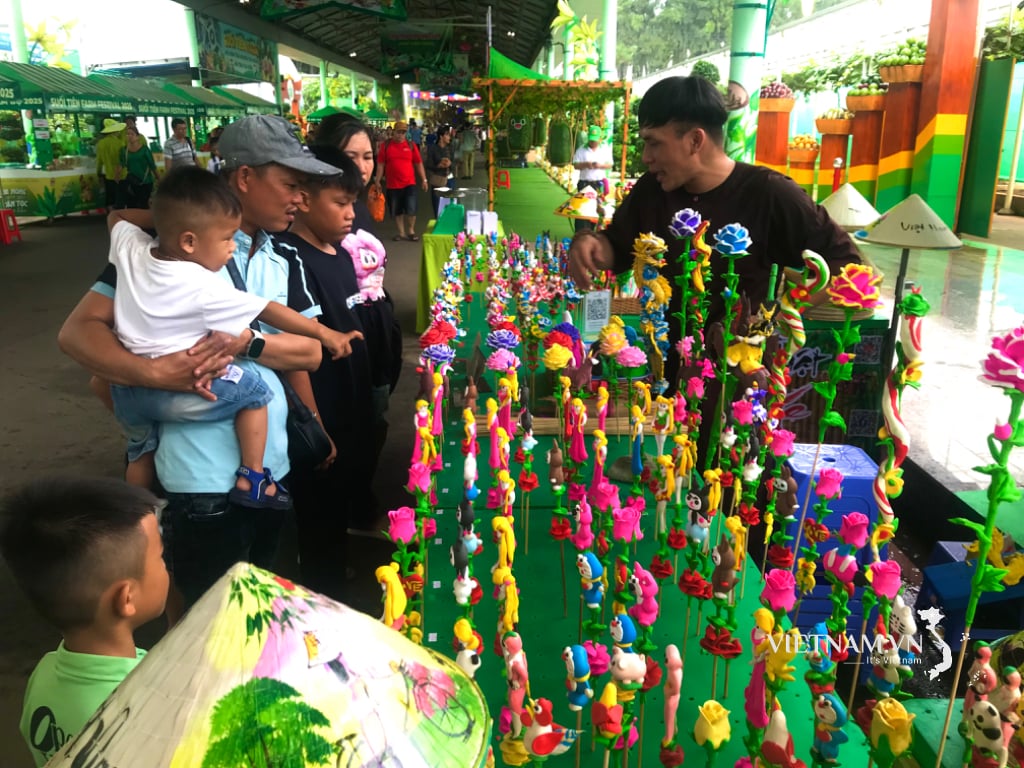

Comment (0)